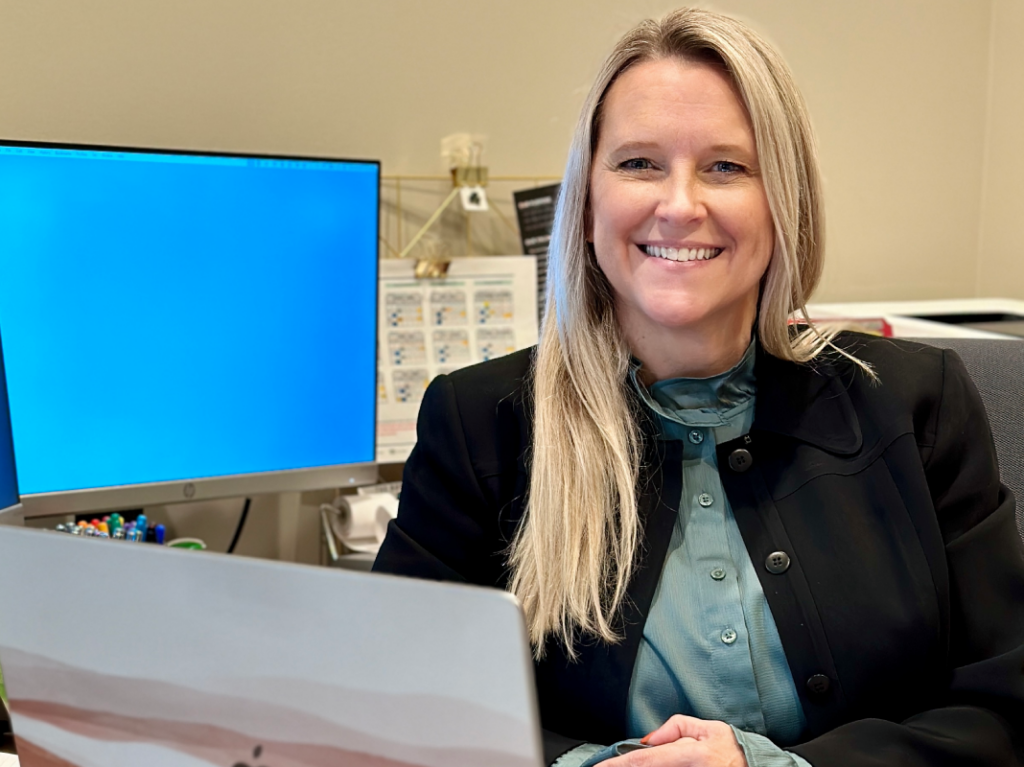Finance executive Louie Reformina is encouraging more Filipino-Americans to seek C-suite positions.
Reformina is CFO of Turning Point Brands in Louisville, Kentucky, maker of alternative smoking accessories and consumables through Zig-Zag, Stocker and other brands. A Filipino-American himself, he shares his own personal journey to the C-Suite, how others with diverse backgrounds can do the same—and why that can benefit companies overall.
Despite the fact that Filipinos make up the second largest Asian population in the U.S., there remain very few Filipinos who serve as C-Suite executives in the country. As a Filipino-American and CFO of a legacy company, how important is your visibility for those who may not see diversity in this role?
Having a role model one can follow can be a significant factor in how someone determines their career path. I studied engineering as an undergraduate because my father was an engineer, which made that career more relatable to me. After I graduated, I avoided the corporate world specifically because I did not see many other Filipino-Americans in leadership roles that I could point to as role models. The lack of diversity in C-Suite positions within corporations made it seem more challenging for me to advance in that environment.
Instead, I chose a career in the finance sector through the investment industry because I viewed the industry to be more of a meritocracy, where performance was quantifiable and progress was determined by your output and less so by your background or relationships you have within an organization. As I advanced, I was eventually given a platform to transition into the corporate world and took on a more senior role.
Now that I am the CFO of a public company, I feel it is important to provide visibility to not only encourage other Filipino-Americans to pursue the career path, but also to be an example for companies looking to hire that Filipinos do, in fact, belong in the C-Suite. Since the early days of my career leading up to my current role at Turning Point Brands, I’ve thankfully been able to connect with other C-Suite professionals in the Filipino-American community who ended up serving as mentors to me. I hope that in my current role, I can influence other Filipino-Americans to never give up. Mentorship is key, as is visibility.
As minority populations continue to achieve more opportunities in the executive ranks, what advice would you share with current CFOs, as well as the next generation of leaders?
Minority leaders are in a great position to help advance diversity by becoming a resource for other minorities both within and outside your organization. These individuals serving in these roles will inspire the next generation of leaders to embrace different backgrounds and look beyond their network when building an organization. An organization made up of people with different backgrounds—not just ethnicity but socioeconomic, geographical and industry backgrounds—will lead to a diverse set of opinions and viewpoints that can benefit a company in many ways, especially when it comes to important decision-making.
Within that environment, it is important to challenge your own assertions and be open to different viewpoints and perspectives.
What are your insights and industry predictions for the year ahead, particularly in the tobacco and cannabis space?
The next few years will be transformational periods for both the tobacco and cannabis space. Within tobacco, the FDA’s efforts to regulate the vape industry will hopefully lead to an environment that will allow products that serve as an alternative to cigarettes for adult smokers while restricting youth access. Within the cannabis space, the rapidly changing perception and acceptance of cannabis as a recreational product with health and wellness benefits rather than an illicit drug, will hopefully lead to further progress towards legalization. As the industry matures, the role that a brand plays will become more important as consumers look for products they can trust.
Given that you work in emerging and ever-evolving industries, what lessons learned can you share that would be transferable for CFOs across other sectors, as well?
An essential lesson in an ever-evolving industry like the consumer products space is adapting to change and avoiding complacency. The downfall of any company or industry is to anchor itself to its past success without innovating for the future and understanding the ever-changing habits and behaviors of the consumer.








